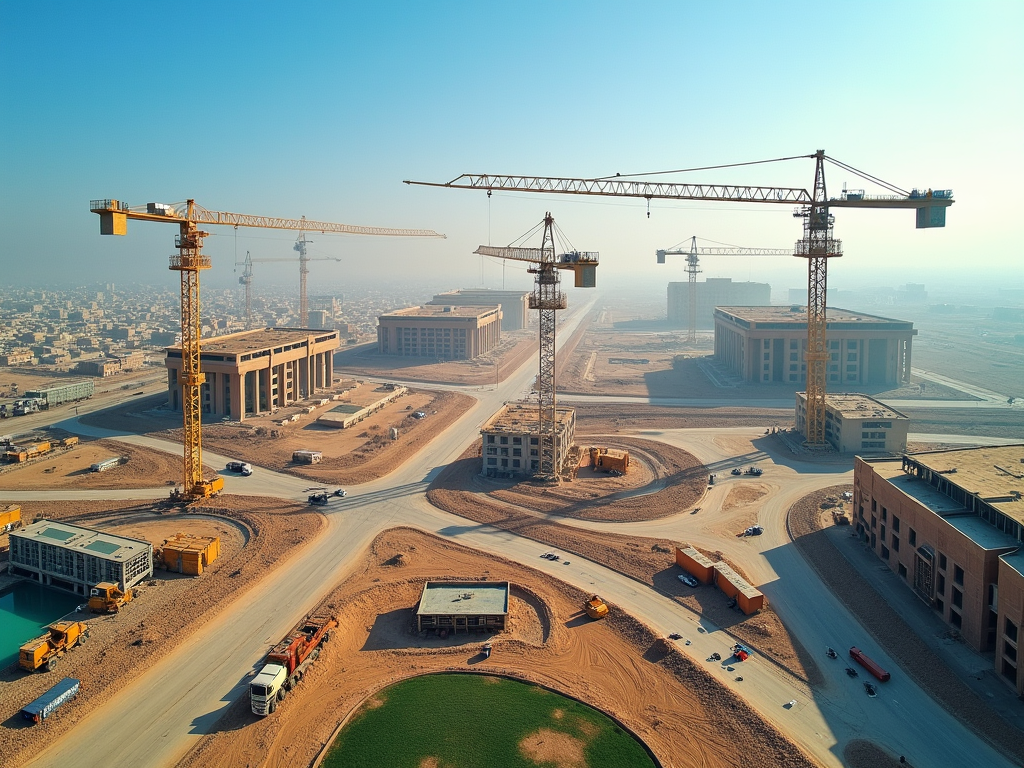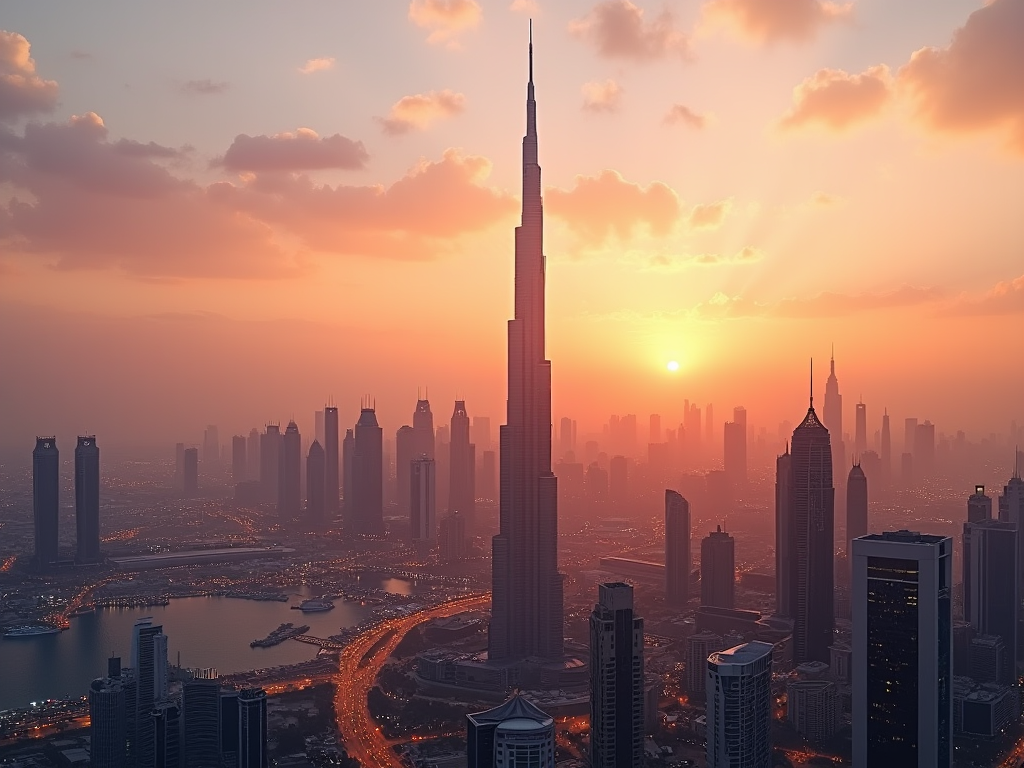Dubai has once again solidified its position as the top global destination for Foreign Direct Investment (FDI) projects, showcasing its dynamic economic environment and strategic location. This article delves into the reasons behind Dubai’s continued ascent in attracting FDI, including its business-friendly policies, infrastructural excellence, and strategic initiatives aimed at fostering innovation. As global investors increasingly seek opportunities in emerging markets, Dubai stands out as a beacon of stability and growth. A plethora of industries, ranging from technology to tourism, are thriving within its borders. This article will explore the factors contributing to Dubai’s allure for investors and what the future may hold.
Why Dubai is the FDI Leader

Dubai has consistently been recognized as a leader in attracting foreign investment due to its multifaceted advantages. First and foremost, the emirate offers a tax-friendly environment, with zero corporate and income taxes, making it an attractive haven for businesses. Additionally, the government has implemented various initiatives that promote ease of doing business, such as streamlined business registration processes and legal frameworks that protect foreign investments. The city’s seamless connectivity, thanks to its world-class infrastructure, facilitates trade and expansion opportunities for investors. Furthermore, Dubai’s strategic geographical location acts as a gateway between the East and West, enhancing its appeal for international businesses. This convergence of factors creates a robust foundation for foreign direct investments to thrive.
One of the key reasons behind Dubai’s sustained FDI success is its diverse industrial landscape. The emirate has diversified its economy beyond oil, investing in several growth sectors. These include:
- Technology: With initiatives like Smart Dubai, the city aims to become a global tech hub.
- Tourism: The growing visitor numbers have prompted investments in hospitality and related services.
- Real Estate: Dubai’s iconic architecture and luxury projects continue to attract major investments.
- Finance: The Dubai International Financial Centre (DIFC) presents lucrative opportunities for financial services.
- Sustainability: Initiatives aimed at green technology and sustainable practices garner significant attention from international investors.
This diversity not only provides numerous investment opportunities but also mitigates risks for investors by spreading their investments across various sectors. Moreover, Dubai’s commitment to innovation ensures a continuous evolution of its industries, thus enhancing its appeal.
Government Support and Initiatives

The role of the Dubai government in facilitating FDI cannot be overstated. Various policies and incentives have been enacted to create a supportive environment for foreign investors. For instance, the introduction of 100% foreign ownership in many sectors allows investors to retain full control of their businesses. Additionally, Dubai has established several free zones, such as Jebel Ali Free Zone and Media City, which provide complete customs duty exemptions and offer state-of-the-art infrastructure. The government’s proactive approach in engaging with the business community through events like the Dubai Investment Forum also enhances transparency and fosters partnerships. Furthermore, measures to ease visa regulations for foreign professionals are making it easier for businesses to attract top talent from around the globe. These efforts underscore Dubai’s commitment to maintaining its position as a preferred FDI destination.
Future Outlook for FDI in Dubai
As we look toward the future, the outlook for FDI in Dubai remains exceptionally bright. With ongoing investments in infrastructure, such as the Expo 2020 legacy projects and the Dubai 2040 Urban Master Plan, the city is well-poised to attract even more foreign investments. Additionally, the ongoing shift toward digital transformation across various sectors presents new opportunities for tech-driven investments. Analysts predict that sectors like healthcare, green energy, and artificial intelligence will see significant inflows of foreign capital. The government’s focus on sustainability and innovation will further enhance Dubai’s attractiveness as a global investment hub. Investors are likely to find Dubai’s proactive strategies responsive to global economic challenges, solidifying its reputation as a resilient destination for FDI.
Conclusion
In conclusion, Dubai’s retention of its position as the top global destination for Foreign Direct Investment projects can be attributed to its favorable business environment, diverse economic landscape, and strong government support. As the emirate continues to evolve and innovate, it remains an attractive option for investors looking for growth opportunities in a stable and supportive environment. With ongoing strategic initiatives aimed at enhancing its infrastructure and industry offerings, Dubai is set to maintain its status as a leading global investment destination in the foreseeable future.
Frequently Asked Questions
1. What factors contribute to Dubai’s FDI success?
Dubai’s FDI success is attributed to its tax-friendly environment, government initiatives promoting ease of business, diverse industrial opportunities, and strategic geographical location.
2. Which sectors are currently attracting the most FDI in Dubai?
Key sectors drawing FDI include technology, tourism, real estate, finance, and sustainability, reflecting Dubai’s diversification beyond oil.
3. How is the Dubai government supporting foreign investors?
The government supports foreign investors through policies like 100% ownership, establishment of free zones, and easing visa regulations for foreign professionals.
4. What future trends can we expect in Dubai’s FDI landscape?
Future trends include increased investments in technology, healthcare, green energy, and a continued focus on sustainability and digital transformation.
5. Why is Dubai considered a global investment hub?
Dubai is seen as a global investment hub due to its strategic location, robust infrastructure, a wealth of opportunities across diverse sectors, and a supportive regulatory environment.
